Small Employer Health Insurance Business Tax Deduction
for employees, families and owners under
IRC Section §106
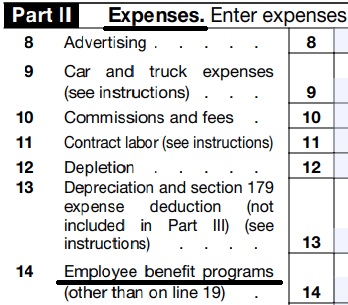
Partnerships ** Self Employed ** S Corp ** Schedule 1
Employer Health Coverage Tax #Deduction IRS Section §106
- Group Health Insurance under IRS Code Section §106 is tax deduction as a business expense for both the employer and is not income to the employee. It’s the biggest break there is in the Tax Code, even more so than Mortgage Interest.
- Providing Health Insurance is a GREAT way for EmployER’s to attract and retain better, stable, dependable workers. It’s also the law for large employers (over 50 lives) to meet the mandate and for the employees in CA to meet the California individual mandate.
- Internal Revenue Code Section §106
-
Except as otherwise provided in this section, gross income of an employee does not include employer-provided coverage under an accident or health plan.
-
- Internal Revenue Code Section §106
- This allows Employers to deduct Group Health Insurance Premiums for their employees including the owners and officers, as long as it’s a qualifying Group Health Insurance plan as a business expense.
- PLUS, Employees do not have to report employer paid premiums or the benefits in their gross income!
- If your employees are contributing to the premiums, their portion can also be tax deductible by using a Section §125 POP (Premium Only Plan) or a cafeteria plan.
- Employees whose employers do not currently provide Affordable Group Coverage, might qualify for Tax Credits Subsidies under ACA/Health Reform/Obamacare Section 45 R our webpage
- If the employees on their own want Medical Coverage – they can get Covered CA with us.
- Writing off medical expenses IRS Publication 502
- Get Employer Health Quotes
- Get Individual & Family Quotes
- LTC Insurance for Owners and Executives Journal of Accountancy.com *
Contact Us - Ask Questions - Get More Information
[email protected]
By submitting the information below , you are agreeing to be contacted by Steve Shorr a Licensed Sales Agent by email, texting or Zoom to discuss Medicare or other Insurance Plans as relevant to your inquiry. This is a solicitation for Insurance
Self Employed
1040 Tax Return – Schedule 1 Line 17
#SelfEmployedDeduction Health Insurance
Self-employed health insurance deduction.
- If you are self employed You may be able to deduct the amount you paid for medical and dental insurance and qualified long-term care insurance for you and your family.
- Here's Instructions for Forms 1040 and 1040-SR to figure your deduction.
- If you got coverage through Covered CA Use Publication #974 Premium Tax Credit no extra charge to use an agent and you are claiming the premium tax credit. Publication 334 *
- Self-Employed Health Insurance Deduction Form 7206 IRS.gov
- Schedule 1,
Schedule C 1040 Profit or Loss from Business
Income from your business get's reported for Covered CA MAGI Income subsidies basically by what you put on your Schedule C, line 31 Schedule 1 and 1040 Form .
VIDEO Explanation Part 1 ** Part 2
Line 31 Net Profit or Loss from Schedule C goes on line 3 Schedule 1 of your 1040.
Partnerships
#Partnerships
- Partnerships get a deduction under §106 for Group hospitalization and medical insurance for employees, including long-term care insurance. our webpage
- See these IRS resources for more detail Publication 535 * irs.gov/guide-to-business-expense-resources
The insurance plan must be established under your business.
- For self-employed individuals filing a Schedule C, C-EZ, or F, a policy can be either in the name of the business or in the name of the individual.
- For partners, a policy can be either in the name of the partnership or in the name of the partner. You can either pay the premiums yourself or the partnership can pay them and report the premium amounts on Schedule K-1 (Form 1065)
S Corporations
IRS Tax Forms for S. Corp and 2% + plus owners to file for tax deductibility of Group Health Insurance
Section 106 tax deduction for #SCorp Owners?
- The employee premium for S Corporation is not an issue for being tax deductible business expense. See IRS Section 106 above.
- For 2-percent S corporation shareholder-employee it gets complicated and confusing. Check our bibliography belong and competent tax counsel, group health premiums are deductible by the S corporation and reportable as wages on the shareholder– on the employee’s Form W-2, subject to income tax withholding.
- However, these additional wages are not subject to:
- Social Security, or
- Medicare (FICA), or
- Unemployment (FUTA) taxes
- However, these additional wages are not subject to:
- The owner and 2% + shareholders may be able to use the Self-Employed Health Insurance (SEHI) deduction if you’re at least a 2% shareholder in an S Corporation. To claim this deduction, the health insurance premiums must be paid or reimbursed by the S corporation and reported as taxable compensation in box 1 of your W-2. The S Corporation can either purchase the policy in your name or reimburse you for the premiums you paid. The policy can also cover your spouse, dependents, and any nondependent children under the age of 27. See Section 162 IRS Code * (152(f)(1)) * (HR 4872 – Obama Care §162(l)(1)§401(c)(1))
- Claiming the SEHI deduction is generally more advantageous than claiming an itemized deduction. The SEHI deduction will appear on line 17 of Schedule 1 of your federal income tax return, Form 1040 (as part of Line 10), and is limited to the amount in Box 5 (FICA wages by the corporation) of your W-2.W-2 and the K-1 that the S corporation sent to you.
- A 2-percent shareholder-employee is eligible for an above-the-line deduction See Schedule 1 and is able to lower his Adjusted Gross Income (AGI) irs.gov/s-corporation-compensation-and-medical-insurance-issues
- The insurance plan must be established, or considered to be established, under the business. IRS Publication 535 pdf page 18 * If only one employee it can be in employees name IRS.gov * This includes Individual Medicare Plans Journal of Accountancy Check with your CPA.
Links, Bibliography & Resources
-
-
- Source – loop hole lewy.com/health-insurance-deduction
- irs.gov/s-corporation-compensation-and-medical-insurance-issues
- nolo.com/deducting-health-insurance-with-s-corporation
- intuit.com/deduct-health-insurance-premiums-corporation
- S Corporation Compensation and Medical Insurance Issues IRS.gov
- Publication 15B Employer’s Guide to Fringe Benefits..
- IRS Publication 535 Guide to business expense resources
- 26 U.S. Code § 162 – Trade or business expenses
- (a)In general
There shall be allowed as a deduction all the ordinary and necessary expenses paid or incurred during the taxable year in carrying on any trade or business, including—
(1)a reasonable allowance for salaries or other compensation for personal services actually rendered; - Federal Tax Treatment of Health Insurance Expenditures by the Self-Employed: Current Law and Issues for Congress 2009
- (a)In general
- check out Publication #974 Premium Tax Credit,
- If you receive Obamacare Tax Credits, here’s more detail
- Withholding W 4
- Form 1120 US Corp Tax Return
-
Tax Publications & Guides
#Adjustments to Income - Schedule 1
#Schedule1 1040
- Part I Additional Income
- 2a Alimony received
- 3 Business income or (loss). Attach Schedule C
- Get Health Quote for your business
- 5 Rental real estate, royalties, partnerships, S corporations, trusts, etc. Attach Schedule E
- 7 Unemployment compensation
- 8 Other income:
- a Net operating loss
- b Gambling income
- c Cancellation of debt
- d Foreign earned income exclusion from Form 2555
- e Taxable Health Savings Account distribution
- Part II Adjustments to Income
- 11 Educator expenses
- 13 Health savings account deduction. Attach Form 8889
- 15 Deductible part of self-employment tax. Attach Schedule SE
- Learn more about your Social Security Benefits
- 16 Self-employed SEP, SIMPLE, and qualified plans -
- 17 Self-employed health insurance deduction
- 19a Alimony paid
- 20 IRA Individual Retirement Account deduction
- 21 Student loan interest deduction
- Instant Business Health Insurance Proposals
IRS Publications
- IRS Publication 535 Business Expenses

- IRS Publication 463 Travel #Gift, Meals & Car Expenses

- If I take a client, prospect, my web designer or another member of my profession to pick their brain to lunch, how much is tax deductible?
- GUIDANCE FOR BUSINESS MEALS
allowable business meal expense if:- 1. The expense is an ordinary and necessary expense under § 162(a) paid or incurred during the taxable year in carrying on any trade or business;
- 2. The expense is not lavish or extravagant under the circumstances;
- 3. The taxpayer, or an employee of the taxpayer, is present at the furnishing of the food or beverages;
- 4. The food and beverages are provided to a current or potential business customer, client, consultant, or similar business contact; and
- 5. In the case of food and beverages provided during or at an entertainment activity, the food and beverages are purchased separately from the entertainment, or the cost of the food and beverages is stated separately from the cost of the entertainment on one or more bills, invoices, or receipts. The entertainment disallowance rule may not be circumvented through inflating the amount charged for food and beverages. irs.gov
- GUIDANCE FOR BUSINESS MEALS
- Publication 587 Biz use of Home
IRS Publication 502 pdf * html
Medical & Dental #Expenses
-
- Aetna Listing of HSA allowable expense
- Topic no. 502, Medical and dental expenses IRS.Gov
- expenses exceed 7.5% of your adjusted gross income for the year may be deductiblexxx
- Medical Necessity? Our webpage
- The Tax Definition of "Medical Care:" Repository Law.com
- Medical expenses also include amounts paid for qualified long-term care services and limited amounts paid for any qualified long-term care insurance contract.
- Turbo Tax
- Schedule A 1040 Itemized Deductions
Health Coverage #Guide
Art Gallagher
Health Care Reform FAQ's
Understanding Health Reform
***********************************
Compliance #Assistance Guide from DOL.Gov Health Benefits under Federal Law
- Health Care Reform Explained Kaiser Foundation Cartoon VIDEO
- Choosing a Health Plan for Your Small Business VIDEO DOL.gov
- ACA Quick Reference Guide California Small Group Employers Revision 2020 Word & Brown
- kff.org/health-policy-101/
- Health Savings Accounts
Calculate your Covered CA MAGI Income
take #Line8b 11 Adjusted Gross income then add line 2a, 6a & 8 (Foreign Income)
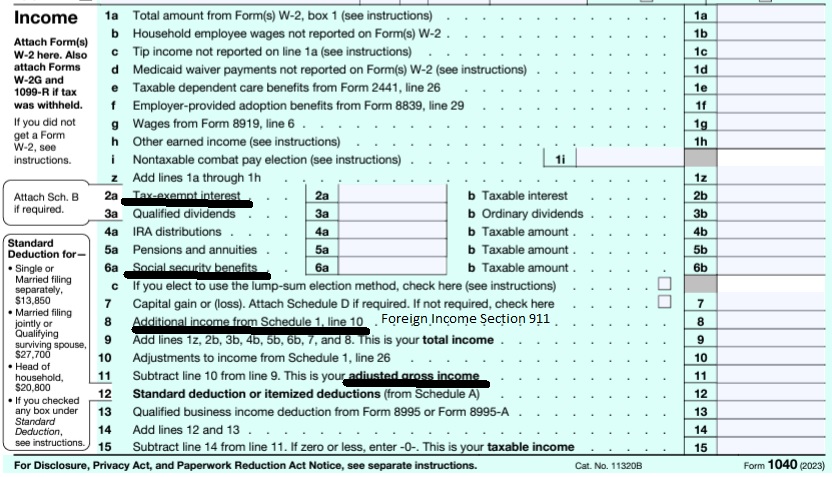
-
-
IMPORTANT!!!
The upcoming year - the future for what you tell Covered CA!
Sure, many people think it’s the past as Covered CA may ask for last years paperwork, but that’s BS! You might have to give back all the subsidies when you file Subsidy Reconciliation form #8962!
- Visit our MAIN webpage on MAGI Income
-
References and Technical Links
- IRS More Info on Health Care Arrangements to not have a group plan but pay for employee individual plans. IRS Notice 2013-54
- IRS Publication — Business Expenses #535
- Tax Guide to Fringe Benefits — Publication 15-B
- Internal Revenue Code Title 26 USC
- ⋄Cornell’s Site ⋄
- GPO’s Site
- ⋄Formilab’s Site
- Rev. Rul. 82-196
- Rev. Rul. 67-360
- IRS Withholding Calculator
- CA Franchise Tax Board
- IRS Publication 502(all Medical Expenses) Insurance Premiums
- irs.gov/1040
- Paying into Social Security # 10022
- IRS 8885 Health Coverage Tax Credit A partner with net earnings from self-employment reported on line 15a of Schedule K–1 (Form 1065).
- IRC Section 162 (l)
A shareholder owning more than 2% of the outstanding stock of an S corporation with wages from the corporation reported on Form W–2. - IRS Publication #535 Business Expenses
- Schedule C Profit or Loss from Business 1040
- Instructions Schedule C
- Learn more — No more salary discrimination §2716,
- Tax Estimators
Can you pay an employee NOT to take the group health plan?
Opt out or waiver payment
- You must do a Full Section 125 Cafeteria Plan
- law.cornell.edu/125
- Our webpage on POP Premium only Section 125 Plans
- Reimbursing individual insurance coverage in the ACA era
-
Prior to the ACA, another popular benefit was simply reimbursing employees for individual insurance coverage that they purchased on their own. In most cases, these types of reimbursements could be made on a non-taxable basis. However, as part of the implementation of the ACA, these types of so called “employer payment plans” became largely prohibited, regardless of whether the reimbursements are taxable or non-taxable.
-
-
For the time being, the only ways for an employer to “pay for” individual insurance coverage obtained by an employee is to establish a “Qualified Small Employer Health Reimbursement Arrangement” (QSEHRA) or provide additional taxable compensation, whether though a simple salary increase or a monthly “bonus” or “stipend.” Regarding the additional compensation approach, the key is that the payment not be a “reimbursement”—i.e., not conditioned on proof that the employee indeed obtained his or her own individual insurance coverage. Rather, the increased compensation (regardless of the form) must be unconditional and taxable. Learn More Just Work.com *
Brother - Sister - Sibling Side Pages Subpages
View our website with your Desktop or Tablet for the most information
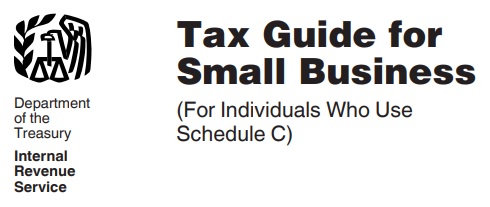
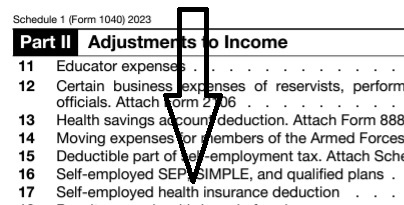
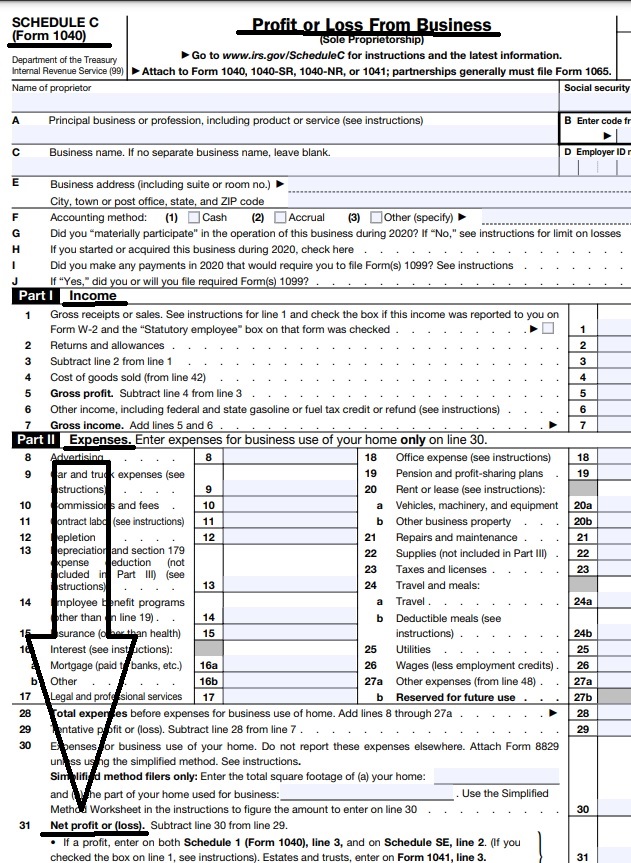


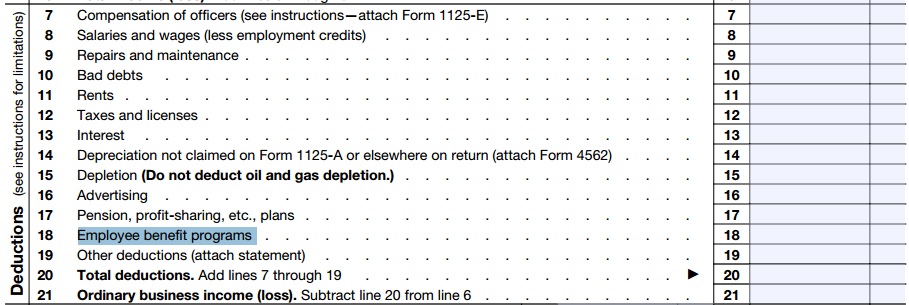


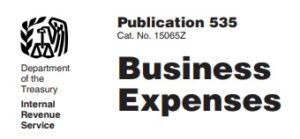
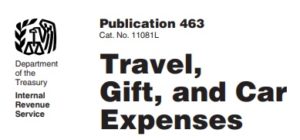
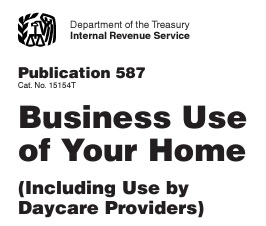
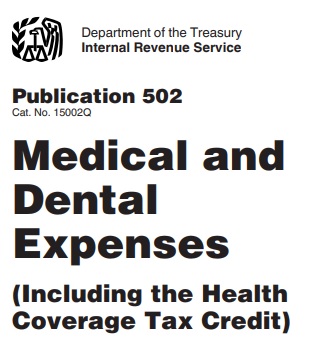
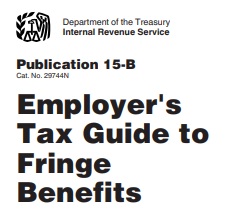
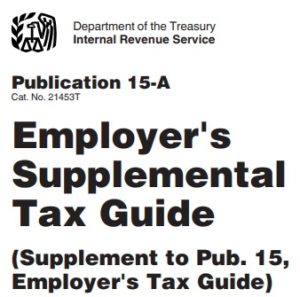
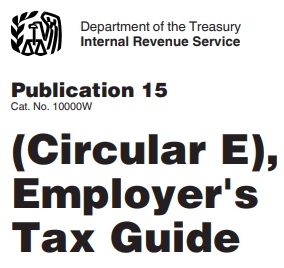
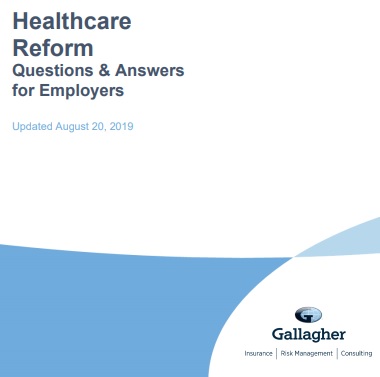
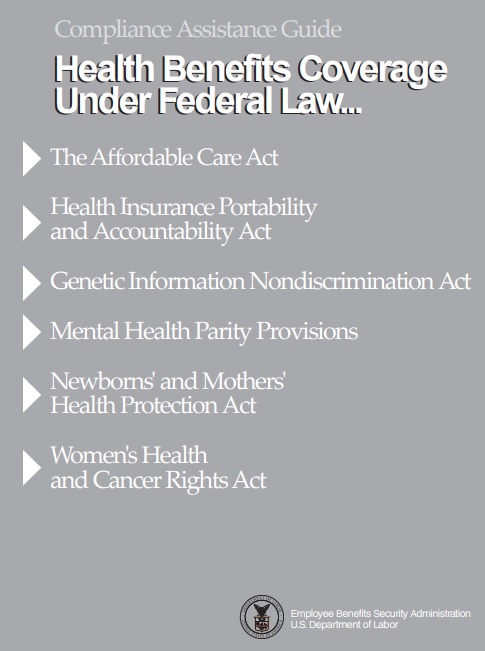

Thank you Steve for all the information. I appreciate it.
We will move forward with deducting it [our health premiums] in taxes.
regards,
Maria